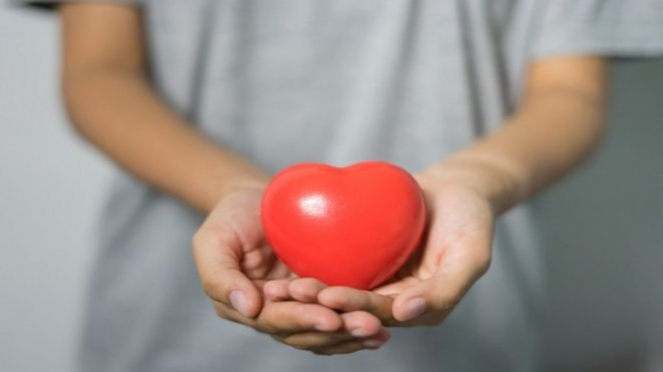Love Hormone Oxytocin Can Heal a Broken Heart
- vstory
VIVA – Oxytocin is also known as the love hormone. This hormone can heal a broken heart. In a new study of zebrafish and human cells, scientists found that a hormone made by the brain can help regenerate heart cells after injury.
In fact, according to researchers, this hormone can be used in the treatment of heart attacks. According to the Live Science website on Tuesday, September 4, 2022, Oxytocin has been called the 'love' or 'hug' hormone because of its known role in forging social bonds and trust between people. The levels also often increase when people hug, have sex, or orgasm.
The love hormone also serves many other functions in the body, such as triggering contractions during childbirth and increasing lactation afterward.
The new study, published in the journal Frontiers in Cell and Developmental Biology, highlights another potential benefit of oxytocin. In zebrafish, this hormone helps the heart replace injured and dead cardiomyocytes with muscle cells that drive heart contractions.
Ilustrasi jantung.
- U-Report
Preliminary results in human cells suggest that oxytocin can induce similar effects in humans if given at the right time and in the right dose.
The study authors found that they could initiate this process in human cells in laboratory dishes by exposing them to oxytocin.
They also tested 14 other brain-generated hormones, but none of them coaxed the cells into the state required to make new cardiomyocytes.
The team then conducted follow-up experiments on zebrafish. Three days after a heart injury, the fish's brain starts pumping oxytocin like crazy, producing up to 20 times more than before the injury.
The love hormone then travels to the heart, connects to its receptors, and begins the process of transforming epicardial cells into new cardiomyocytes.
These experiments provide early clues that oxytocin may play a key role in heart repair after injury, and by enhancing its effects, scientists can develop new treatments to improve patient recovery after a heart attack and reduce the risk of heart failure in the future.



























